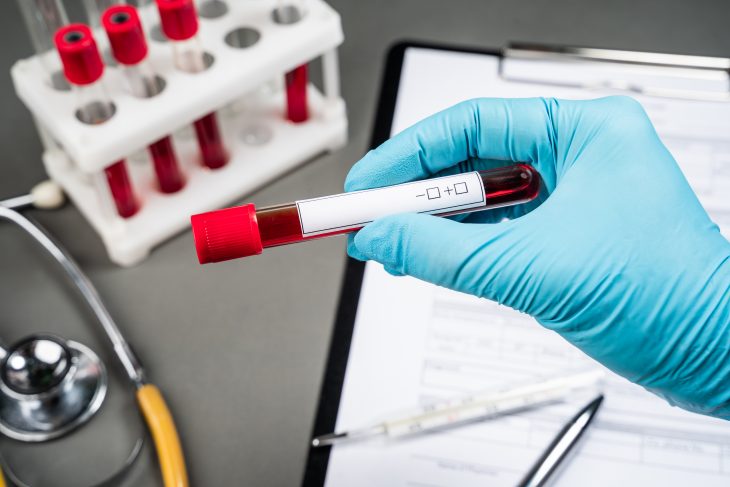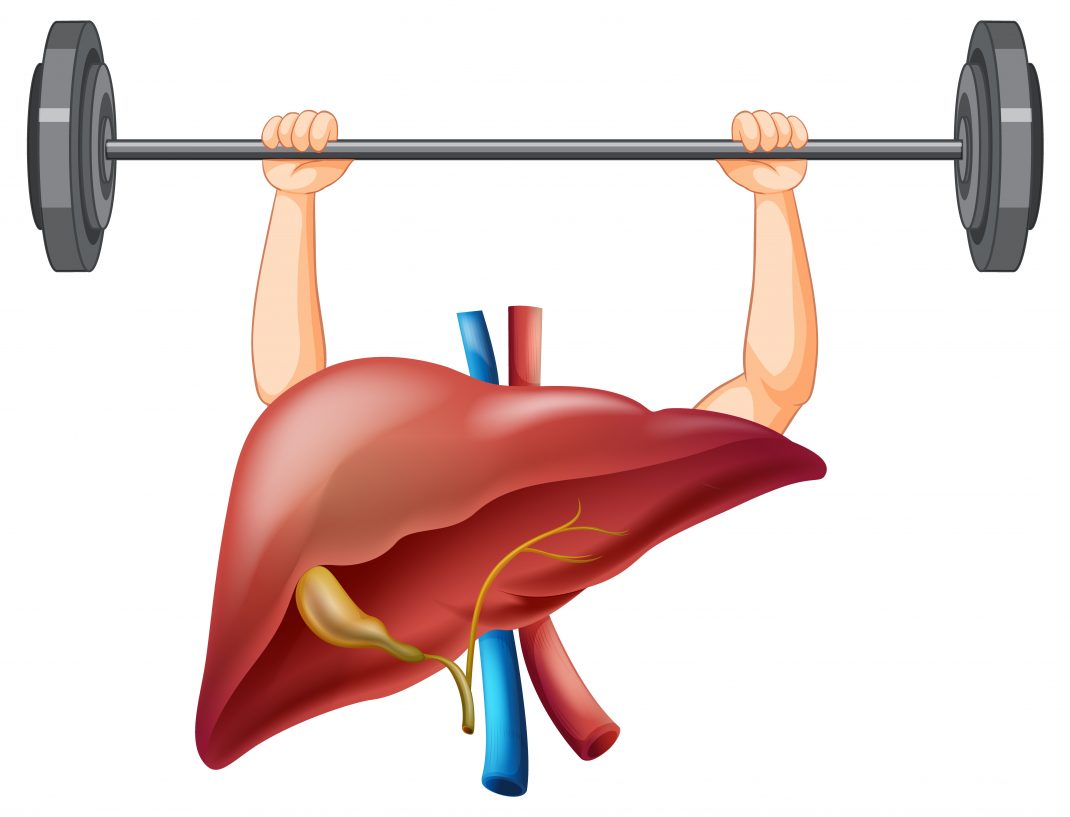The liver is a vital organ that plays a crucial role in maintaining our overall well-being. Responsible for filtering toxins, producing essential proteins, and aiding in digestion, a healthy liver is essential for a thriving body. Monitoring your liver health through regular tests is a proactive way to ensure its optimal functioning. In this blog post, we'll explore some basic tests that healthcare professionals commonly use to assess liver health.


- Liver Function Tests (LFTs): Liver Function Tests, commonly known as LFTs, are a series of blood tests that provide valuable insights into the liver's health. These tests typically include measurements of liver enzymes such as ALT (Alanine Aminotransferase), AST (Aspartate Aminotransferase), ALP (Alkaline Phosphatase), and bilirubin levels. Elevated levels of these enzymes may indicate liver damage or dysfunction.
- Complete Blood Count (CBC): A Complete Blood Count is a standard blood test that assesses various components of the blood, including red and white blood cells. An abnormal CBC can sometimes indicate liver issues, such as anemia, which can be associated with liver disease.
- Hepatitis Panel: Hepatitis is a common cause of liver inflammation, and various types of hepatitis viruses (A, B, C, D, and E) can affect the liver. A Hepatitis Panel is a blood test that helps identify the presence of these viruses and determine the extent of liver damage caused by them.
- Imaging Tests: Imaging tests, such as ultrasound, CT scans, and MRI, are instrumental in assessing the physical condition of the liver. They can identify liver tumors, cysts, or any abnormalities in the liver's structure, helping healthcare professionals make informed decisions about further diagnostics or treatments.
- Prothrombin Time (PT) and International Normalized Ratio (INR): The liver produces clotting factors necessary for proper blood clotting. PT and INR tests measure the time it takes for blood to clot and help assess the liver's synthetic function. Elevated PT or INR levels may indicate impaired liver function.
In conclusion, regular monitoring of liver health is crucial for early detection and effective management of liver diseases. Basic tests such as Liver Function Tests, Complete Blood Count, Hepatitis Panel, imaging tests, and clotting function assessments provide a comprehensive overview of the liver's condition. Remember, maintaining a healthy lifestyle, including a balanced diet, regular exercise, and limiting alcohol intake, goes hand in hand with these tests to promote optimal liver health. Consult with your healthcare provider for personalized advice and a thorough understanding of your liver health status.


